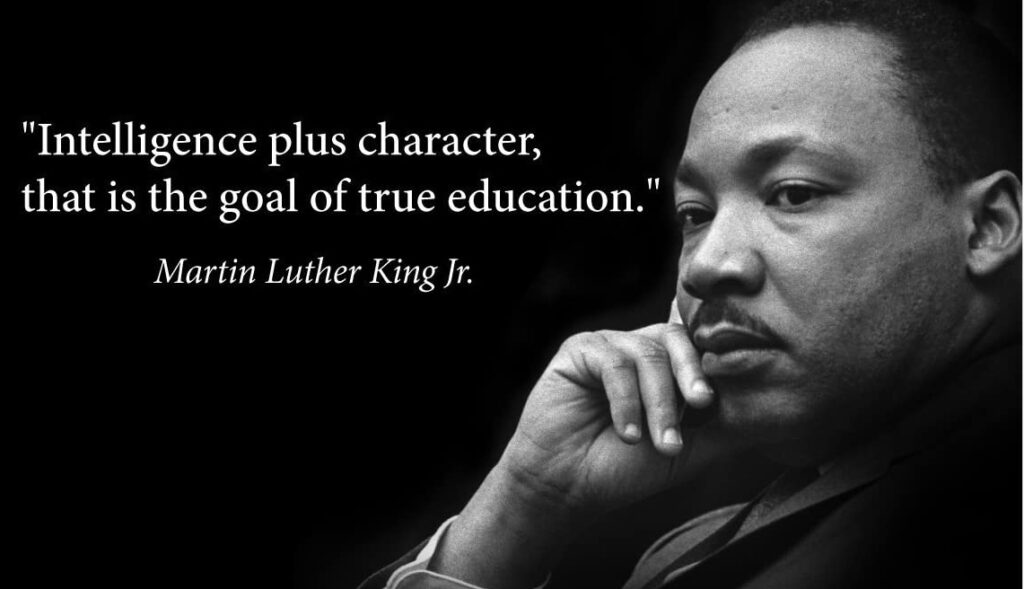LOGAN – In observance of the Martin Luther King, Jr. holiday, the U.S. Census Bureau has released statistics highlighting African-American educational progress since the 1960’s.
In the late 1940’s, King wrote: “It seems to me that education has a two-fold function to perform in the life of man and in society: the one is utility and the other is culture.
“Education must enable a man to become more efficient, to achieve with increasing facility the legitimate goals of his life.
“Education must also train one for quick, resolute and effective thinking,” the future civil rights leader added. “… Education must enable one to sift and weigh evidence, to discern the true from the false, the real from the unreal and the facts from the fiction.”
The total U.S. high school graduation rate in 1960 was about 65 percent. By comparison, the high school completion rate for African-American students was about 25.7 percent in that era.
As a result of those low high school completion rates and economic factors, there was only about 306,000 African-American college students in 1964.
Despite the best efforts of the civil rights movement led by Dr. King in the 1960s and progressive legislation passed by Congress in that decade, only about 5 percent of the African-Americans over the age of 25 in the U.S. population had a bachelor’s degree or higher in 1970.
In that era, however, only 7.7 percent of the total U.S. population had college degrees.
Nowadays, according to Census officials, nearly 90 percent of all African-American students complete high school and the number of those students who went on to higher education jumped to 2.85 million in 2020.
The percentage of African-American college graduates in U.S. population has risen to 27.8 percent, compared to 37.5 percent of the total U.S. population with college degrees.
But a significantly higher percentage of African-American women were enjoying the benefits of higher education than their male counterparts in 2020.
Census officials report that 30.5 percent of African-American women over the age of 25 in the U.S. population now have a bachelor’s degree or higher. By comparison, only 24.7 percent of African-American males have college degrees.
Dr. King also strongly advocated for better schools and improved access to educational resources during his civil rights campaigns. Census officials suggest that educational reforms inspired by his memory have contributed to strong representation of African-Americans in national elections.
In 1964, for example, nearly 70 percent of all U.S. voters went to the polls, compared to 58.5 percent of African-American voters. In 2020, however, the percentage of all voters actually dropped to 66.8 percent, while the percentage of African-Americans voting increased to 62.6 percent.
Those statistics were provided by the Census Bureau’s 2020 Current Population Survey.

